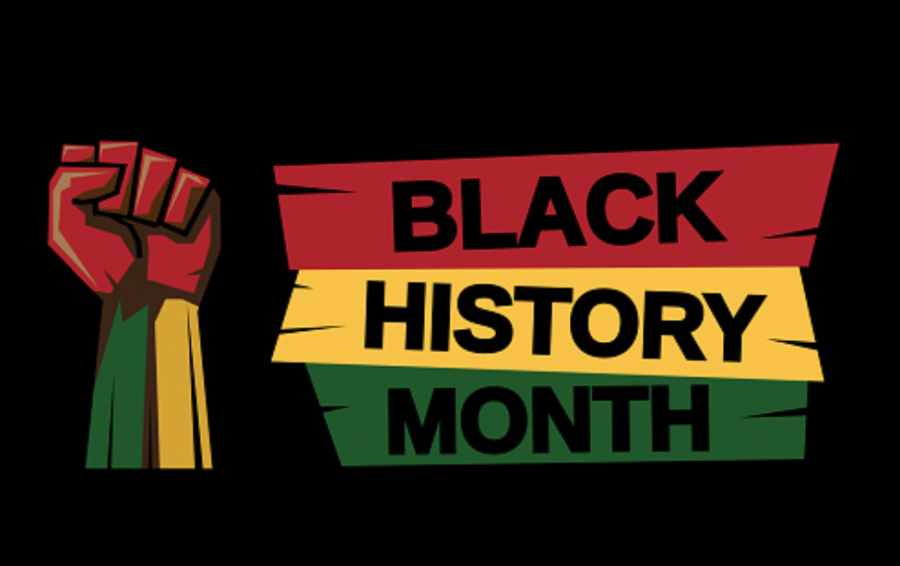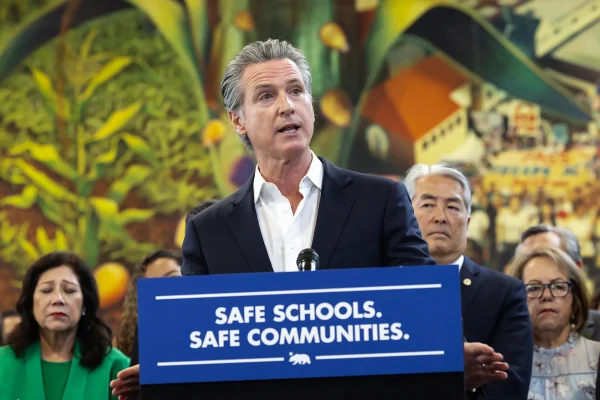The origins of Black History Month
Black History Month is an annual celebration of the achievements of male and female African Americans. It is a time to recognize their roles in American History. Black History Month was previously known as “Negro History Week.” Black History Month started in 1915 after the Thirteenth Amendment abolished slavery in the United States.
Who started Black History Month and how has it evolved?
Carter G. Woodson, a Harvard-trained historian and the prominent minister Jesse E. Moorland founded the Association for the Study of Negro Life and History (ASNLH), which now is known as the Association for the Study of African American Life and History (ASALH). According to the History Channel’s website, this organization was dedicated to researching and promoting achievements by Black Americans and other people of African descent. The ASALH sponsored national Negro History Week in 1926. They chose the second week of February due to the birthdays of Abraham Lincoln and Frederick Douglass. This event inspired schools and communities nationwide to organize locally.
According to the History Channels’ website, “By the late 1960s, thanks in part to the civil rights movement and growing awareness of Black identity, Negro History Week had evolved into Black History Month on many college campuses.” It wasn’t until President Gerald Ford officially recognized Black History Month in 1976. He told the public, “Seize the opportunity to honor the too-often neglected accomplishments of Black Americans in every area of endeavor throughout our history.” Since then, Black History Month has endorsed a specific theme. This year’s theme is, “Black Family: Representation, Identity and Diversity.”
The Importance of Black History
ASALH holds events to promote and celebrate Black history throughout the year. According to ABC News, “The organization had made major gains toward promoting African American history to a wider audience, but there are still too many who recognized Black history during February and ignore it for the rest of the year.”
Noelle Trent, director of interpretation, collections and education at the National Civil Rights Museum, said, “It’s wonderful to mobilize for Black History Month festivities, but there’s no season for it’s continuous.” Trent also adds, “We do Black History 365 days a year. We’re telling the story of the African American struggle for civil rights, human rights and all aspects, through our programming ad through our exhibition in various capacities throughout the year.”
“It’s disappointing,” Kimble said. “But we have to really build on the important study of Black History and get people to understand the important roles of Black folks in the larger narrative of the United States.”
Female African Americas who made history
Kamala Harris
Kamala Harris, the daughter of an Indian mother and Jamaican father-both immigrants, broke a nearly two-century barrier in American politics long dominated by white men this year when she was inaugurated as the nation’s first female vice president. As well as the first Black American and first person of South Asian descent, according to NBC News. Harris’ political career has included many barrier-breaking moments, such as serving as California’s first Black female attorney general and being the second Black woman elected to the U.S. Senate. Harris’ fashion choice the day she took an oath to offices was designed by two Southern Black men. Harris honored her late mother, Shyamala Harris, who passed away in 2009, “I’m here today because of the women who came before me,” said Harris.
Jane Bolin
Jane Bolin was the nation’s first Black woman judge in 1939. Bolin was the first Black woman who graduated from Yale Law School and served on New York’s Family Court for four decades. Bolin worked to stop probation officers from getting assignments based on the color of their skin. According to Marie Claire, she also worked alongside Eleanor Roosevelt to create programs that would intervene to stop young boys from committing crimes.
Marsha P . Johnson
Marsha P. Johnson was an LGBTQ activist and trans woman who was one of the first drag queens to walk into the Stonewall Inn. Johnson co-founded the Street Transvestite Action Revolutionaries organization with Sylvia Rivera, according to CNN. This organization housed and fed homeless youth who identified as queer and sex workers in the lower part of New York according to USA Today. Johnson also modeled for Andy Warhol, performed with the drag group Hot Peaches, and was an AIDS activist with ACT UP for five years.
Claudette Colvin
Nine months before Rosa Parks refused to give up her seat to a white passenger on a bus in Montgomery, Alabama, 15-year-old Claudette Colvin was taking the bus home from school when the bus driver ordered Colvin to give up her seat to a white person. Still, Colvin refused to say she paid for her fare and it was her constitutional right. According to Marie Claire, she was then arrested by two police officers; she later became the main witness in the federal lawsuit Browder v. Gayle, which ended segregation on public transportation in Alabama.
Although there are many more African Americans who made history, we can learn what they did to make today a better future for people from different cultures, and do not forget to celebrate Black history not only in February but every day of the year.






